The TriboUK 2025 Conference took place at the University of Birmingham on 18–19 June 2025.
RSC Applied Interfaces, Materials Advances and Soft Matter were pleased to sponsor the Best Poster Awards and a Best Talk prize at TriboUK 2025. The awards recognised outstanding early-career research, and we extend our warmest congratulations to all the winners!
Learn more about our poster prize awardees below:
Muhammad Aulia Rahman (Imperial College London)
 Poster title: “Molecular Insights into Stress-Driven Ammonia Production via Mechanocatalysis”.
Poster title: “Molecular Insights into Stress-Driven Ammonia Production via Mechanocatalysis”.
Muhammad Aulia Rahman is a PhD student in the Tribology Group at Imperial College London, supervised by Prof. Daniele Dini and Dr. James Ewen. His research focuses on molecular modelling of mechanocatalysis in energy systems, exploring how mechanical force influence catalytic processes at the nanoscale. He earned his MSc in Advanced Mechanical engineering from Imperial College London in 2021 and BEng from Gadjah Mada University in 2019. Prior to his PhD, he has also worked as a lecturer at Gadjah Mada University, Indonesia, where he taught and conducted studies in multiscale heat and thermal transport. His research interests include tribology, molecular simulation, and sustainable energy technologies.
LinkedIn: https://www.linkedin.com/in/aulia-rahmanm/
Qianrong Liu (University of Birmingham)
 Poster title: “A study of maximum spreading ratio at zero impact velocity of mixed oils with Bayesian Optimisation”.
Poster title: “A study of maximum spreading ratio at zero impact velocity of mixed oils with Bayesian Optimisation”.
Qianrong Liu is a PhD student at the School of Chemical Engineering, University of Birmingham. She holds an MEng degree from the College of Chemistry and Chemical Engineering at Xi’an University of Science and Technology, where she also conducted research on fluorescent nanoparticles and microfluidics at the Institute of Chemistry, Chinese Academy of Sciences. She later earned an MSc in Operational Research and Applied Statistics with Distinction from Cardiff University. Her current doctoral research focuses on applying Bayesian optimisation to the development of complex formulated products, integrating formulation science, surface analysis, microfluidics, automation, and both single- and multi-objective Bayesian optimisation.
LinkedIn: https://www.linkedin.com/in/qianrong-liu-46291930a/
Nicola Yau (University of Hull Graduate)
 Poster title: “Tribological Testing of Menstrual Pads under Realistic Moisture Conditions”
Poster title: “Tribological Testing of Menstrual Pads under Realistic Moisture Conditions”
Nicola Yau is a Biomedical Engineering student who has just completed her undergraduate studies at the University of Hull. She’s passionate about applying engineering to real-world challenges in women’s health, with a focus on comfort, inclusivity, and material science. Inspired by the everyday experiences often overlooked in design, she’s on a mission to make research more human, more inclusive – and just a little bit more sparkly ✨.
LinkedIn: https://www.linkedin.com/in/nicolayau-eng/
Best talk prize was awarded to:
Mrunmayee Joshi (PhD student at the University of Birmingham)
Congratulations to all the winners and to those who participated in this successful TriboUK 2025 event!



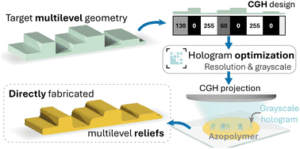
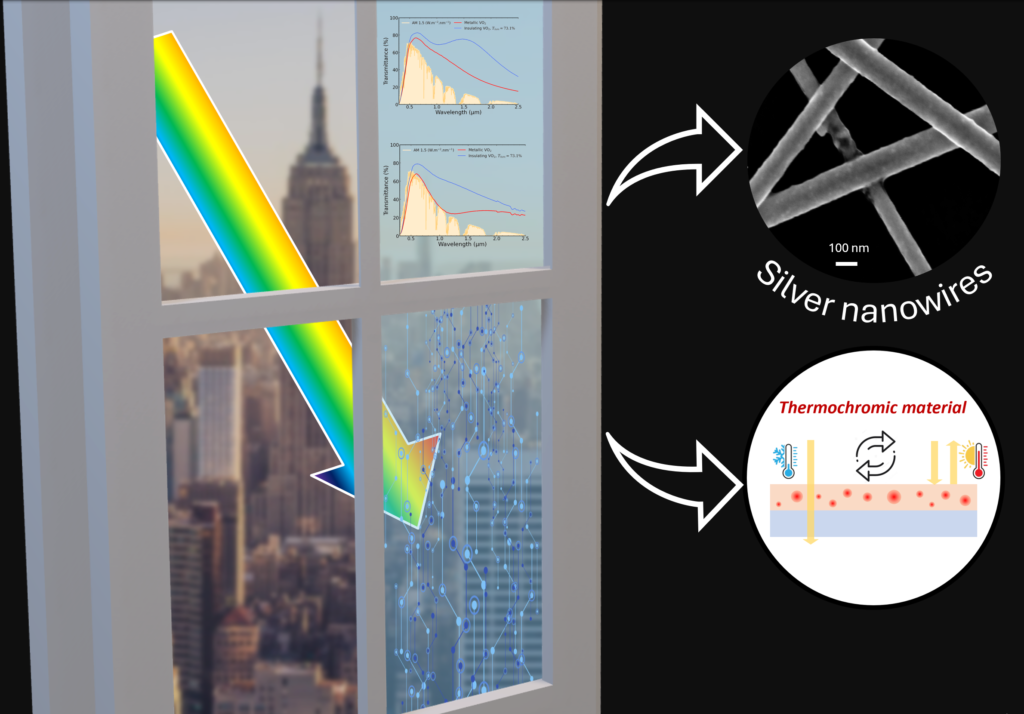
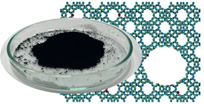
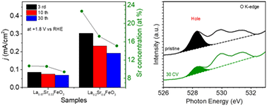
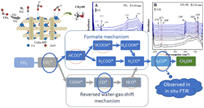
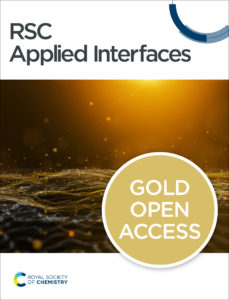
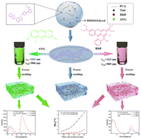
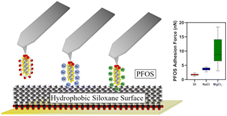
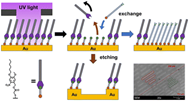
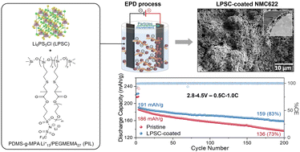 Electrophoretically deposited artificial cathode electrolyte interphase for improved performance of NMC622 at high voltage operation
Electrophoretically deposited artificial cathode electrolyte interphase for improved performance of NMC622 at high voltage operation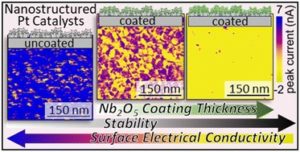 Niobium oxide coatings on nanostructured platinum electrocatalysts: benefits and limitations
Niobium oxide coatings on nanostructured platinum electrocatalysts: benefits and limitations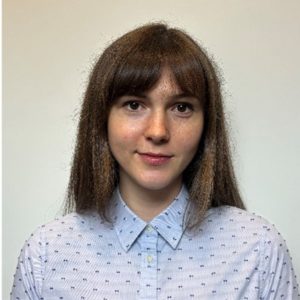


 Polypropylene fabric coated with branched polyethyleneimine derivatives for high antiviral activity
Polypropylene fabric coated with branched polyethyleneimine derivatives for high antiviral activity
